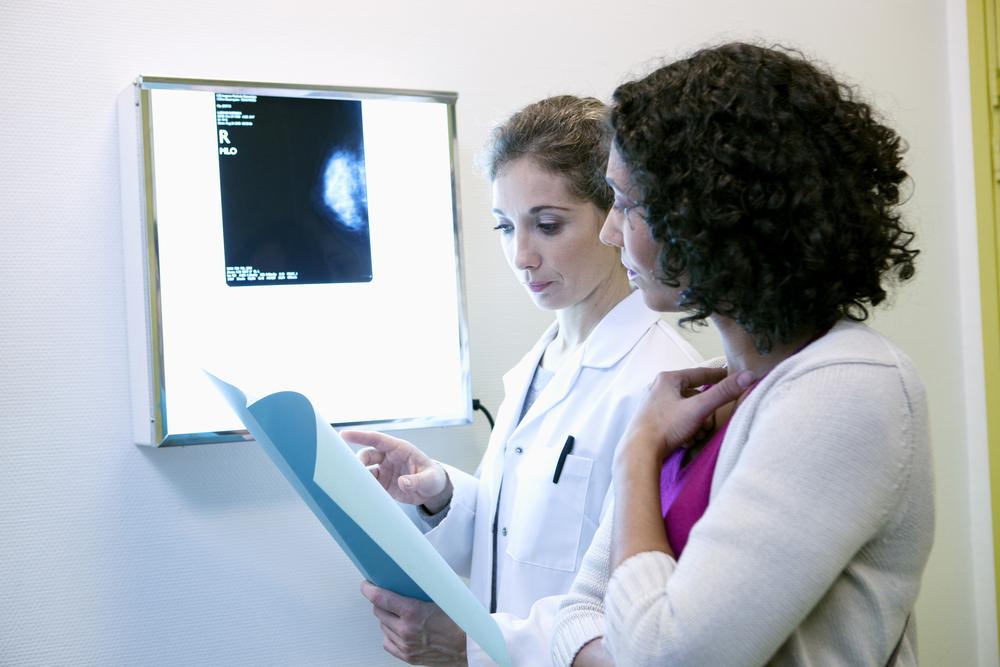Recognizing Symptoms of Advanced Breast Cancer
This article discusses key signs and symptoms of advanced breast cancer, emphasizing the importance of early detection and timely medical consultation. It covers common indicators like lumps, skin changes, pain, discharges, and systemic symptoms such as fatigue and weight loss. The piece also highlights how metastatic spread to organs like the brain or liver presents additional symptoms. Recognizing these signs early can lead to better treatment options, making awareness crucial for women and at-risk individuals.

Understanding Signs and Symptoms of Late-Stage Breast Cancer
Stage 4, or metastatic breast cancer, occurs when cancer cells spread beyond the breast to other parts of the body. This can happen if earlier treatments were ineffective or not administered timely. The cancer cells multiply rapidly, damaging healthy tissues as they travel through the bloodstream, reaching capillaries and distant organs.
Common symptoms of advanced breast cancer include the appearance of lumps near the breast or underarm, skin changes such as redness, dryness, or dimpling, as well as persistent pain and sores that do not heal. Discharge from the nipple, especially blood or thick pus-like fluid, is also typical.
Many patients notice a lump in the breast or armpit that may increase in size over time. Swelling or noticeable changes in the breast skin, including redness and dimpling, are warning signs.
Other symptoms include unexplained fatigue, difficulty sleeping, and sudden weight loss despite normal eating habits. Digestive problems and shortness of breath, chest tightness, or dry cough may also indicate disease progression.
If cancer spreads to the brain, bones, liver, or lungs, symptoms like headaches, jaundice, bone pain, and vision issues can occur.
When to Seek Medical Attention
If you experience any of these symptoms, prompt consultation with a healthcare professional is essential. Early diagnosis can significantly improve treatment outcomes.
Even mild symptoms should not be ignored—schedule an appointment if you notice any changes in your breast or overall health.










